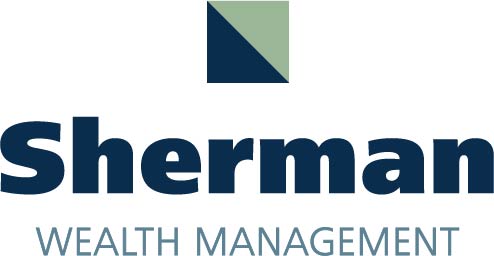Summer is a great time for kids to catch fireflies, perfect their backstrokes, daydream, and learn some great lessons about money and financial literacy. Sound like a hard idea to sell to kids in vacation mode? Not if you make it a rewarding part of summer fun. Here are some tips to incorporate smart money lessons for kids from K-12 that will add to their summer fun and set a great foundation for making smart money choices later on.
SAVING
Ask your kids to set aside part their allowance for a special summer savings goal then sweeten the pot by telling them you’ll match whatever they save. For the little ones it could be as simple as setting up 2 jars, one for their summer goal (like a super-soaker, hula hoop, or the ingredients for s’mores) and one for the rest of their allowance. They’ll love seeing the jars fill up with coins and counting and re-counting their money. For older kids who are saving for a concert ticket, an app or a website that keeps track of their savings and your matching funds is a great way of getting them interested.
EARNING
Nothing like learning the satisfaction of having your “own” money! Even if your older children have an actual summer job, consider “hiring” them for extra chores like organizing your photo files, digitizing old cassettes and CDs, or washing the windows. For the little ones, watering plants, pulling up 20 weeds (counting skills!) or helping you rinse the car can help add their allowance jars.
INVESTING
There are fun games to teach kids of all ages about the stock market, investing, and the power of compound interest. The best way of course, though, is to follow the real stock market. Why not have every family member invest a virtual $1000 in 2 companies whose products they know at the beginning of the summer (Lego and Disney for the younger kids, for instance) and see who ends up with the most virtual profit by the end of the summer. Or, if you have the resources, open accounts for the kids with real investments, however small, so they can watch them go up and down, while earning interest, over the months and years ahead. The SEC’s site Investor.gov has a great compound interest generator to show kids how their money could grow.
SPENDING
Summer is also a great time to teach kids about comparison shopping, supply and demand, and the power of buying things when they are on sale. Keeping track of what you save each time you buy a sale-priced item this summer can be an eye-opening for your kids. As you enjoy vacation trips, or even day trips to waterparks, let your kids know about the value you are getting (rather than complaining about high prices.) Give the kids a choice when possible, telling them how much you have to spend for the day and ask their input about how to spend it. When they know that buying cotton candy means they are giving up two rides they learn a valuable lesson about resource allocation!
READING
Find great books to read or listen to in the car about entrepreneurs’ success stories. Young children will enjoy books about Thomas Edison, for instance, or Alexander Who Used to Be Rich Last Sunday. Try a biography of Steve Jobs for the teens, or check out finance videos from Khan Academy.
PAYING
Take a moment to explain what you’re paying for when you’re paying bills: show your kids how the electric bills soar in the summer if you’re use air conditioning or your water bill if you’re watering the lawn. Calculate – or Google – how much it costs when they leave lights on. Not exactly entertaining but an empowering eye-opener for kids.
PLAYING
Nothing like a great game of Monopoly to while away summer nights while teaching kids about saving up for those houses and hotels (including our favorite trick: hiding money under the board so no one sees how much you are accumulating!)
In short, if you treat money matter-of-factly – and build in some challenges, competition, and entertainment – summer can be a great time to sneak in a little fun “schooling” that will help prepare kids for an empowered future.
* * * * *
The views expressed in this blog post are as of the date of the posting, and are subject to change based on market and other conditions. This blog contains certain statements that may be deemed forward-looking statements. Please note that any such statements are not guarantees of any future performance and actual results or developments may differ materially from those projected.
Please note that nothing in this blog post should be construed as an offer to sell or the solicitation of an offer to purchase an interest in any security or separate account. Nothing is intended to be, and you should not consider anything to be, investment, accounting, tax or legal advice. If you would like investment, accounting, tax or legal advice, you should consult with your own financial advisors, accountants, or attorneys regarding your individual circumstances and needs. No advice may be rendered by Sherman Wealth unless a client service agreement is in place.









